- Konferencijos
- Mokslinė veikla
- Leidiniai
- Doktorantūra
- PODOKTORANTŪROS STAŽUOTĖS
- Konkursai ir atestacijos
-
Kronika
- 2024 m. lapkričio 21–22 d.
- 2024 m. lapkričio 9 d.
- 2024 m. lapkričio 7-8 d.
- 2024 m. spalio 2 – 3 d.
- 2024 m. rugsėjo 26 d.
- 2024 m. liepos mėn. 1–4 d.
- 2024 m. rugsėjo 20 d.
- 2024 m. birželio 19 d.
- 2024 m. gegužės 16-17 d.
- 2024 m. balandžio 27 d.
- 2024 m. balandžio 4–5 d.
- 2023 metai
- 2022 metai
- 2021 metai
- 2020 metai
- 2019 metai
- Titulinis
- Kronika
- 2023 metai
- 2023 m. rugsėjo 26-27 d.
2023 metai
- 2024 m. lapkričio 21–22 d.
- 2024 m. lapkričio 9 d.
- 2024 m. lapkričio 7-8 d.
- 2024 m. spalio 2 – 3 d.
- 2024 m. rugsėjo 26 d.
- 2024 m. liepos mėn. 1–4 d.
- 2024 m. rugsėjo 20 d.
- 2024 m. birželio 19 d.
- 2024 m. gegužės 16-17 d.
- 2024 m. balandžio 27 d.
- 2024 m. balandžio 4–5 d.
-
2023 metai
- 2023 m. gruodžio 8 d.
- 2023 m. gruodžio 1 d.
- 2023 m. lapkričio 16–17 d.
- 2023 m. lapkričio 4 d.
- 2023 m. spalio 27 d.
- 2023 m. rugsėjo 26-27 d.
- 2023 m. rugsėjo 22-23 d.
- 2023 m. rugsėjo 7 d.
- 2023 m. gegužės 30 d.
- 2023 m. gegužės 25-26 d.
- 2023 m. gegužės 19-20 d.
- 2023 m. gegužės 12 - 13 d.
- 2023 m. kovo 15 d.
- 2022 metai
- 2021 metai
- 2020 metai
- 2019 metai

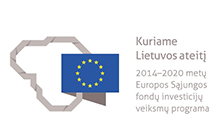

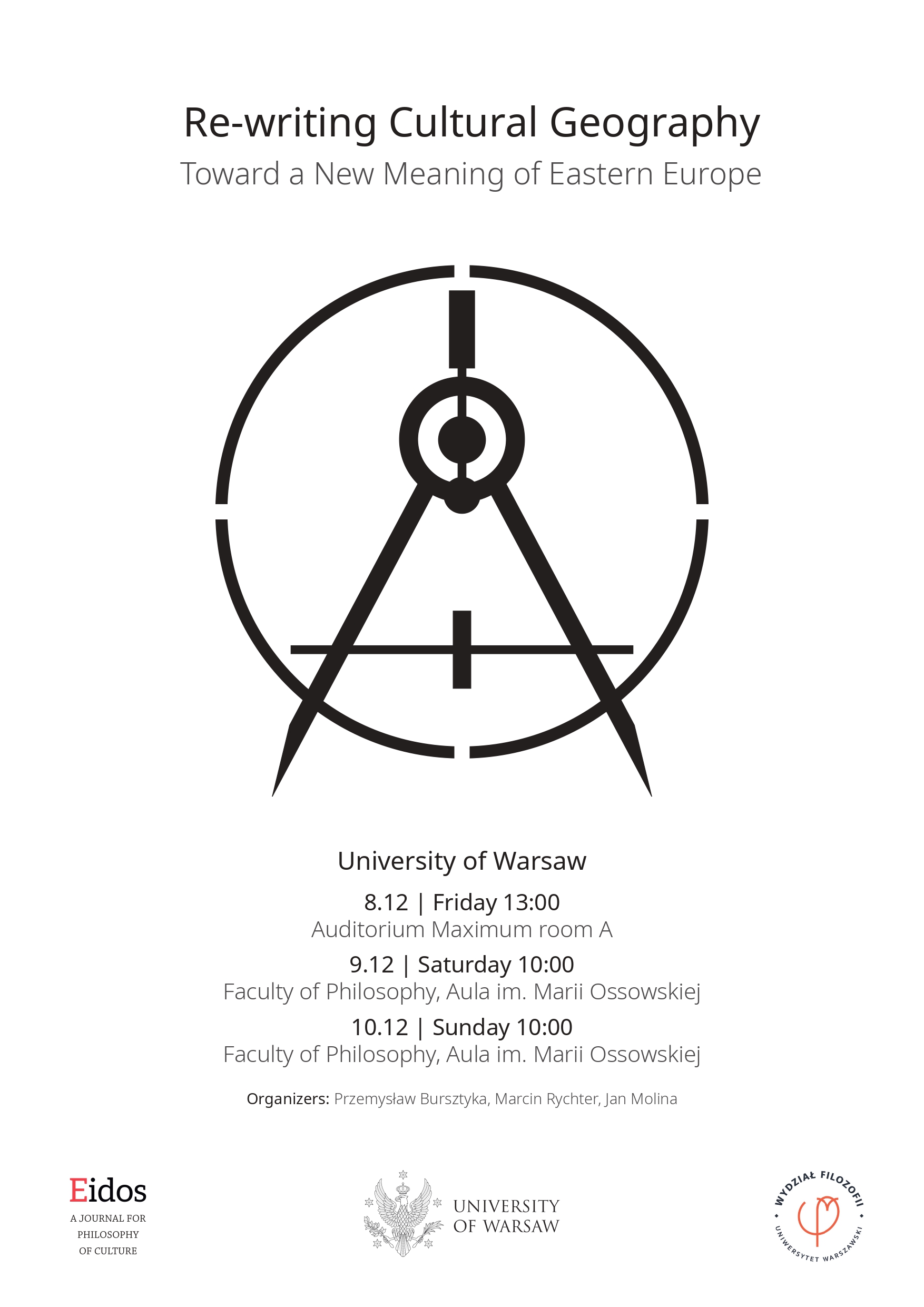
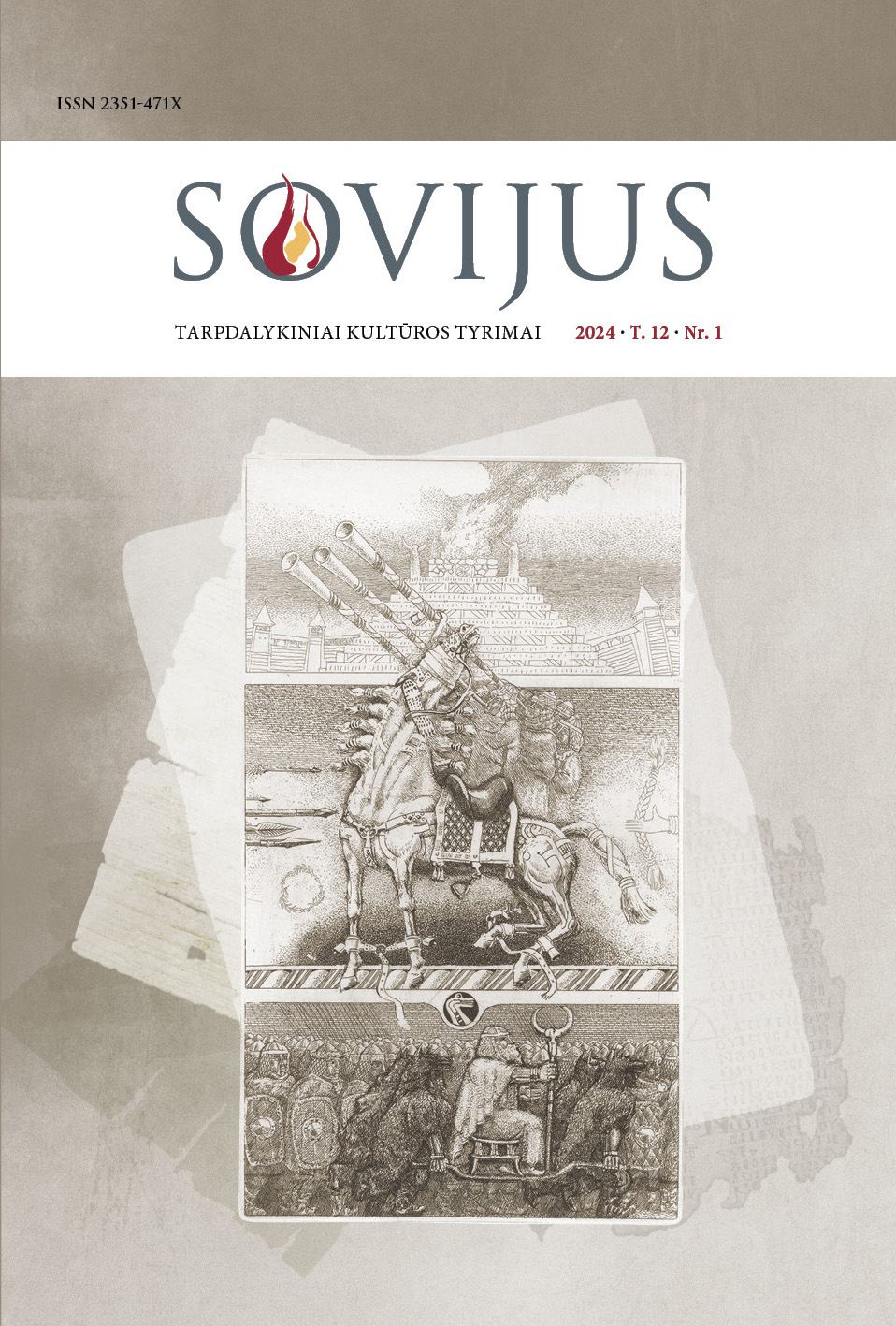
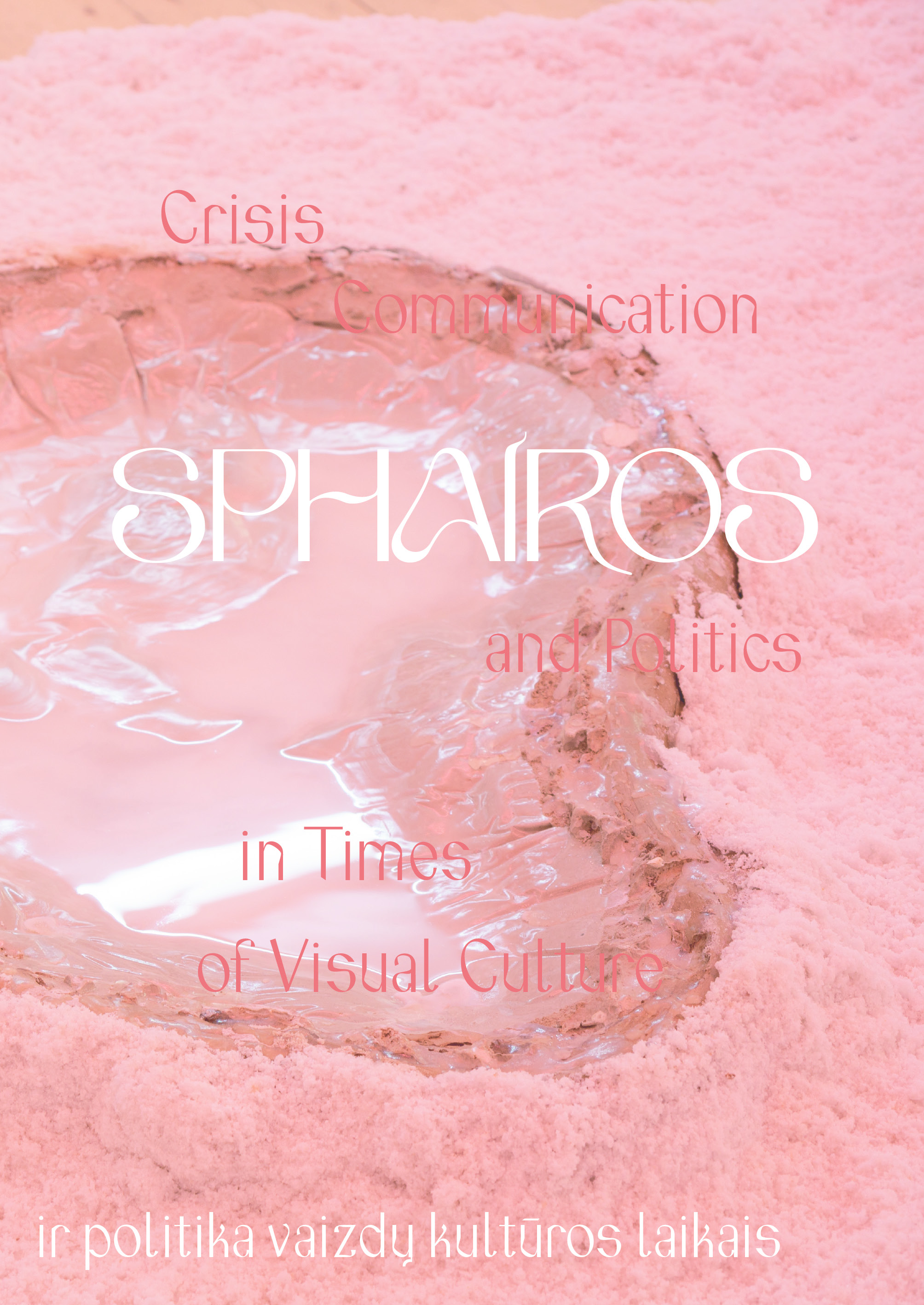
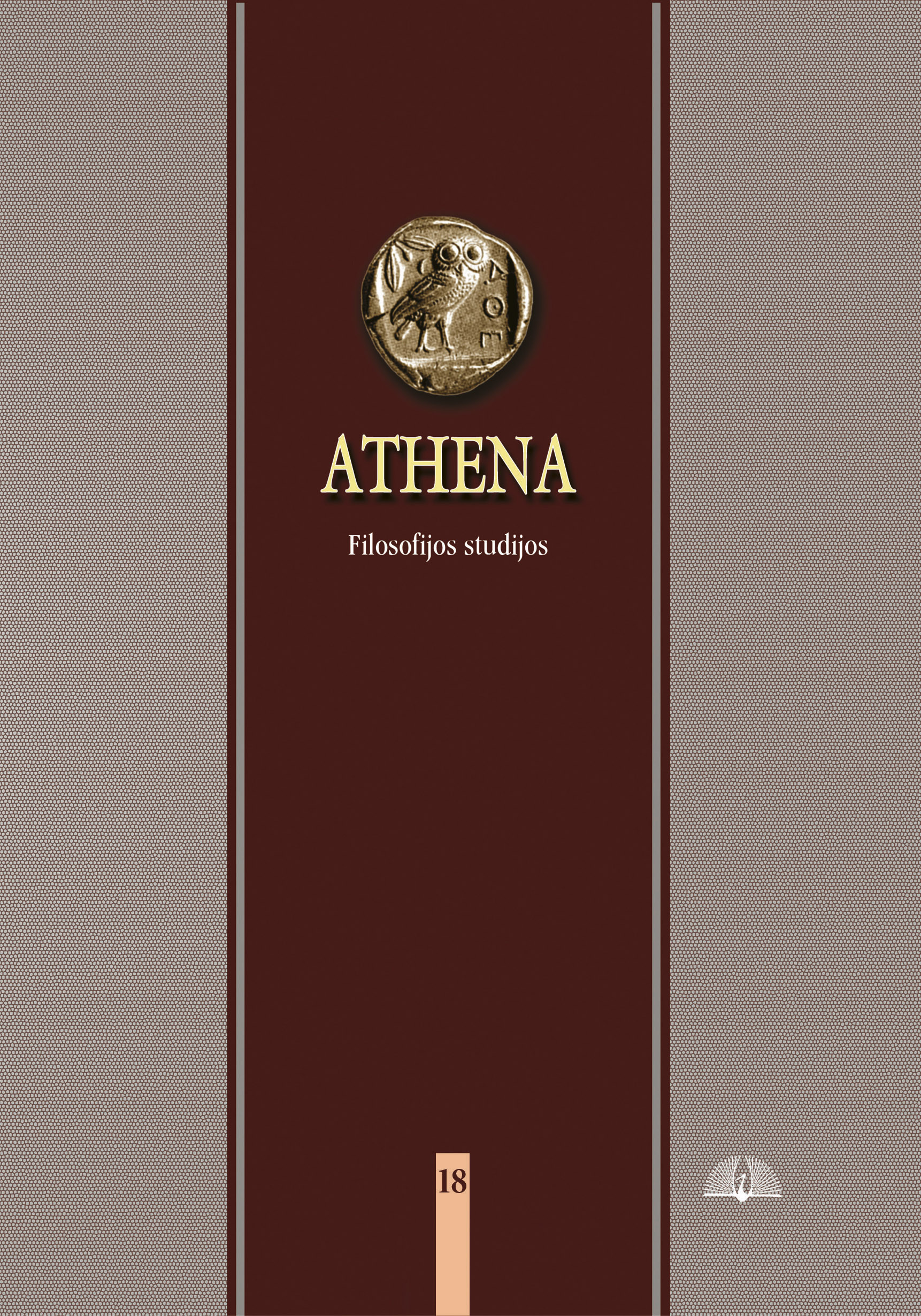

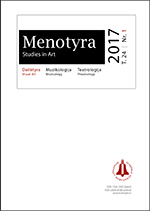
2023 m. rugsėjo 26-27 d.
LITHUANIAN ASSOCIATION FOR PHENOMENOLOGY,
in cooperation with the LITHUANIAN CULTURE RESEARCH INSTITUTE,
announce a Call for Papers for an International Conference
PHENOMENOLOGICAL CONCEPT OF SEDIMENTATION AND ITS APPLICATION
September 26–27, 2023
Vilnius, Lithuania
Cultural traditions can be understood both positively and negatively. This ambivalence can be described by two questions. First, why does transmissibility exist, and why does each generation not have to start all over again, but can adopt and pass on habits, customs, skills, and knowledge to others? Second, how does a tradition turn into a schematization of embodied memory and inertia of habits? Preservation of the past in the present requires the appearance of certain traces, materialized references, or embodied schemes. In geology, chemistry, and oceanology, the concept of sedimentation describes the existence of the past in the present. Sedimentation is the process in which sediments are formed, where particles settle in liquid or gas and come to rest against a barrier. This occurs because particles are moving in their respective medium and are affected by various forces. Most importantly, the particle deposits that emerge from the sedimentation process are understood as indications of processes that have already taken place. Geologists, based on the study of sediments, can infer changes that occurred many years ago. Moreover, throughout the sedimentation process, the settling particles are separated from the liquid flowing medium by solidification and densification. This is best evidenced by the formation, structuring, and crystallization of various types of rocks. Different layers of sediments are formed, which testify to past events that also have structures in the present. Husserl’s text, “The Origin of Geometry”, provides the best-known account of the phenomenological concept of sedimentation. Husserl uses this geological trope to describe the science of geometry as a linguistically mediated genesis of conceptual knowledge. The human practice of knowledge can be transmitted to other generations through linguistic expressions and recordings in writing. Merleau-Ponty studied sedimentations to reveal the assumptions, genesis and development of the historicity of embodied consciousness. Derrida used the phenomenological concept of sedimentation and created a “grammatology” because he sought to combine a dynamic genesis with stable structures. Today, the phenomenological concept of sedimentation is widely used in linguistics, psychology, and other sciences. This international conference will provide a forum to discuss the phenomenological concept of sedimentation and its applications in various subfields, such as phenomenology of embodiment, phenomenology of habitus and traditions, phenomenological psychology, cultural philosophy, political philosophy, social philosophy, and philosophy of emotions.
Keynote speakers:
Nicolas de Warren (Penn State University, US)
Saulius Geniušas (The Chinese University of Hong Kong)
Conference will be held in English.
Venue: Lithuanian Culture Research Institute, Saltoniškių str. 58, 216 r., Vilnius.
Deadline for abstracts: June 1, 2023
Scholars interested in presenting a paper are invited to submit an abstract of ca. 150 words, by June 01, 2023, to the following address: sedimentation.concept@gmail.com
Participants of the conference should cover their own travel expenses and accommodation fees. Registration fee: 70 EUR
Organizing committee:
Chair: Dalius Jonkus
Members: Danutė Bacevičiūtė, Tomas Šinkūnas, Nicolas de Warren, Saulius Geniušas
Conference (PDF)
Conference program (PDF)

Adresas: Saltoniškių g. 58,
LT-08105, Vilnius
Į. k. 111961791
Tel./faks. +370 5 275 1898
El. paštas: LKTI@LKTI.LT
